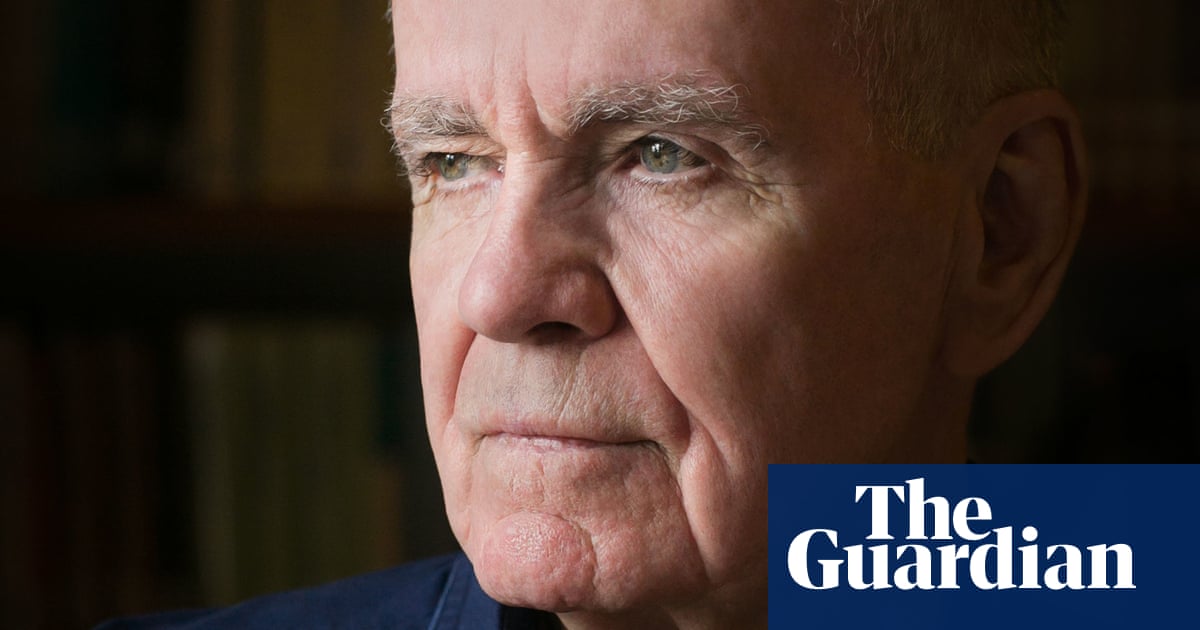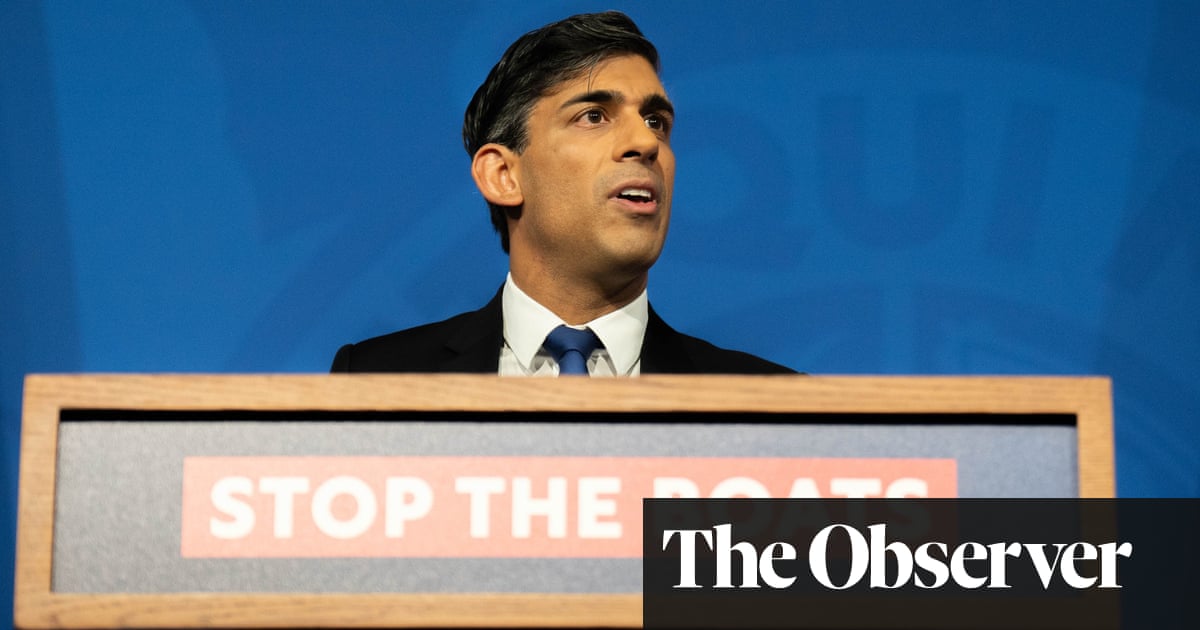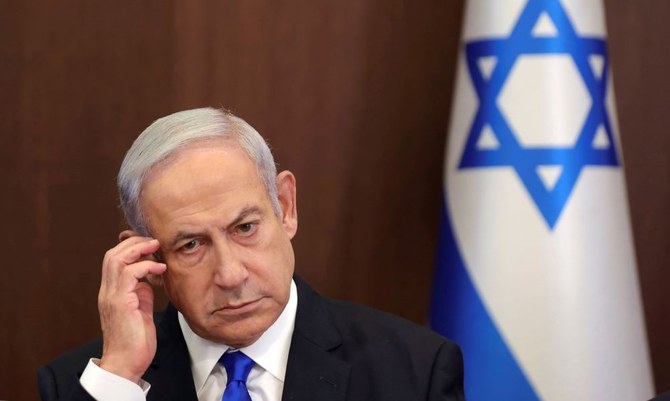
Mohamed Chebaro LONDON: “Wake up Saad, it is Jerusalem we are talking about, and we cannot have a Palestinian state where Jerusalem is not its capital,” said the former PLO leader Yasser Arafat in an interview with my dear friend and colleague Saad Al-Silawi, who died on Saturday.
Saad was waiting for a couple of days before Arafat received him at dawn for an interview. The delay was normal if you were to seek to see the main man, and as a dedicated journalist Saad would wait. Yet at the crucial moment — and as Arafat was emphasizing the importance of Jerusalem for the Arabs and Muslims everywhere — Saad nodded off. This pushed Arafat to raise his voice and cry out “It is Jerusalem ya Saad!”
The interview took place to coincide with Arafat’s unilateral declaration of the formation of the State of Palestine in 1988.
Saad was a pioneer journalist-broadcaster, and in 1992 reported for the newly established Middle East Broadcasting Center — now known as MBC Group — which was the first independent pan-Arab TV channel.
After Saad’s death aged 55, Jordan’s King Abdallah tweeted a few words remembering him and another journalist who passed away at the same time.
“They were generous in the morals and their love to the country. Media and art have noble messages and heavy responsibility which Saad and Yasser had delivered with honor and professionalism, bypassing all borders and entrenched in the hearts and minds of their audience,” the king wrote. “Our condolences to their loss that the homeland that gave birth to them will always be generous and giveth.”
Saad was diagnosed with laryngeal cancer in 2012 and underwent larynx-removal surgery in 2013 in Canada’s Montreal General Hospital. His vocal cords were removed but he would not be silenced; in his first TV appearance since having a special voice machine fitted, he said: “Please do not listen to the quality of my voice. I am not a singer; listen to my words … I want people to listen to me for what I’m talking about.”
Saad’s illustrious career included a stint at Al-Rai, where he covered several wars and crises, including the Iraq-Iran conflict in the 1980s, the first Gulf War and the first and second Palestinian intifadas.
Saad was based in Jordan, but his career with MBC and later Al Arabiya spanned over three decades, during which he reported from across the Arab world.
He interviewed almost every relevant leader of his times, including King Abdallah of Jordan, president Hosni Mubarak of Egypt, and the late King Hussein of Jordan. Both King Hussein and Arafat had asked Saad to be their media adviser, an offer he turned down saying: “I was born a journalist and I want to be a journalist.”
In 2014, King Abdallah bestowed the Order of Al Hussein for Distinguished Contributions of the First Class on Saad on the occasion of the 68th anniversary of independence of Jordan.
Saad’s reporting took him to many places, but the impact of his work was felt especially in his home town Amman. I would often ask my colleague how long it would be before he toppled the next government in Jordan. Many of his investigative reports on national issues embarrassed the government, and was the catalyst for many governmental reshuffles, as he revealed corruption, ministerial failures and maltreatment.
This was a glimpse into Saad’s professional work, but there was also Saad the human being, the father, son and the friend. Even after his cancer operation and the loss of his vocal chords, he would be at the airport to meet any colleague visiting the kingdom on business or pleasure. If your work took you to Amman en route to Baghdad or elsewhere, Saad and his team were waiting to receive you, for a day or two of warm hospitality regardless of your deadlines.
Saad has finally fallen asleep — but his voice will never leave us.












